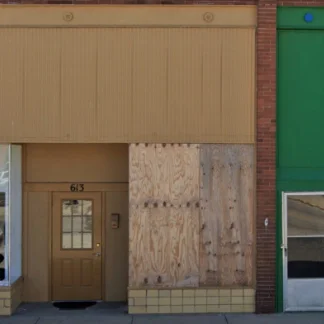Road to Recovery
Neodesha, Kansas, 613 West Main Street, 66757
Available Programs
- Adult program
- Program for men
- Program for women
- Young adult program
Insurance and Financial
- Medicaid
- Private insurance
- Self-pay options
About this Facility
Road to Recovery is a drug and alcohol rehab located in Neodesha, Kansas. They provide outpatient addiction treatment.
Addiction-related services provided at Road to Recovery include an intensive outpatient program and outpatient treatment for individuals with a substance use disorder.
Intensive Outpatient Treatment This IOP offers a flexible daytime and evening treatment schedule for individuals who know they need substance abuse treatment but also need to maintain work, school, or family commitments. On Monday, Tuesday, and Thursday, sessions are held between 9:00 am and 8:00 pm, and on Wednesdays they are held 9:00 am to 2:00 pm. Group and individual treatment sessions consist of evidence-based therapy, cognitive behavioral therapy, 12-Step meetings and fellowship, relapse prevention, motivational interviewing, and anger management. Aftercare planning and connecting with community resources are also part of this program.
Contact us for more information: (620) 325-5222

Contact Road to Recovery
Connect with Road to Recovery by calling their admissions team directly.
(620) 325-5222 Website Get Directions